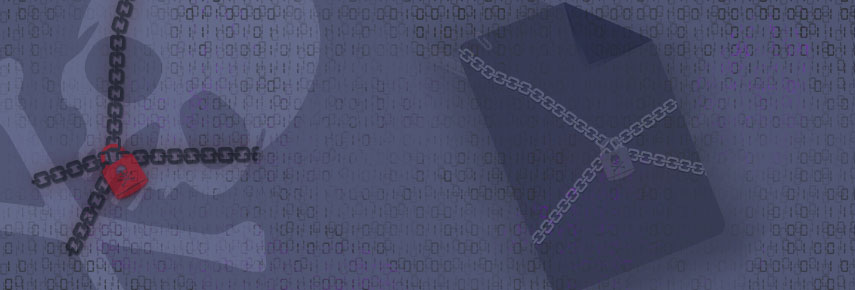Top Tips for More Security
If you’ve seen our social media lately, we gave a little bit of information about what cybersecurity is. Just in case you haven’t, here’s our definition: cyber security is the practice of protecting systems, networks and programs from digital attacks. These cyber-attacks are usually aimed at accessing, changing or destroying sensitive information, extorting money from users or interrupting normal business processes.
The importance of cybersecurity
As a society, we rely on technology for absolutely everything. The sheer amount of data that is stored on websites is enough to tempt any hacker, potentially causing data leaks for thousands of people. We are hoping that our tips today can help you protect your personal information as best as possible.
Tip 1: Anti-Virus and Firewalls
Always protect your devices with an anti-virus program, and ensure there is only one running on your device. Say you had McAfee and Norton running on the same device, they can cause the other to produce false security alerts, overuse resources, and cause program conflicts. Our recommendation is to use ESET antivirus.
Firewalls are also very important. They look at incoming and outgoing traffic and use pre-set rules to monitor it, and luckily, they come automatically installed and active on Windows machines. MacOS devices have a firewall installed also, but this comes automatically disabled from stock – so remember to enable it!
Tip 2: Passwords – do they need to be so complex?
The simple answer to this one is no. A few years ago, having a long password and changing it frequently did benefit people. Hackers would have to manually guess the password, or steal the hashed version and try and convert it to plain text. But now times have changed. Hackers are wising up to new methods and are now socially engineering (see our previous post here) passwords out of people, and there are programs they can use to decrypt hashes in a fraction of the time.
But what passwords are good? Some good advice to follow is to make sure your passwords are 8-12 characters long, have two factor authentication as a secondary measure, and contain no personal information. Antivirus provider Norton suggests modifying easy to remember phrases e.g., 100 bottles of beer on the wall becomes 10oBb0tW.
Tip 3: Updates are important!
You know that really annoying Windows update notification you keep clicking “Remind Me Later” on? Stop putting it off! System and software updates contain important security updates that patch vulnerabilities. If you haven’t updated your system recently, go and check if there is one available. These updates also contain bug fixes and other performance updates that can really benefit your machine. By leaving these updates, your PC is essentially collecting vulnerabilities and can be a hacker’s dream to access and begin exploiting the network.
Tip 4: Check what you’re doing
With phishing scams on the rise, it’s really important that we become comfortable with asking for help. If you receive an email that you feel may be a scam, ask someone else. If you receive an email from someone asking you to download something, give them a call to confirm. If you get asked to withdraw money from a bank account, or if someone wants to send you money – always check if you’re expecting these requests and who from. If you don’t recognise who is making these requests, best thing to do is mark them as “spam”.
Tip 5: Backup systems are an essential
Just in case it all goes wrong, have a backup solution/data recovery system in place. Disaster recovery is very important for situations that seem unlikely but may still happen, e.g., a fire, flood, or theft. In case of any of these things, have an offsite data storage solution. This can be regular backups onto a hard drive that can be stored in a locked safe, or for older data, it can be archived off in a similar fashion.
Let us know if you use any of our tips, or get in contact to talk more with us at info@workflowsolutions.co.uk

No comments for "Top Tips for More Security " yet, why don't you let us know what you think.
Leave a Comment
Your email address will not be published. Required fields are marked *